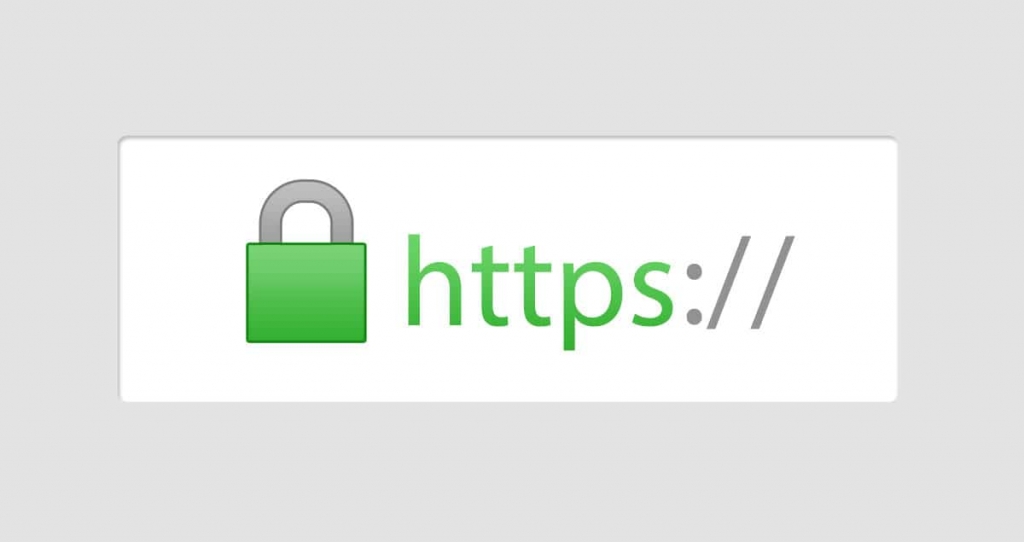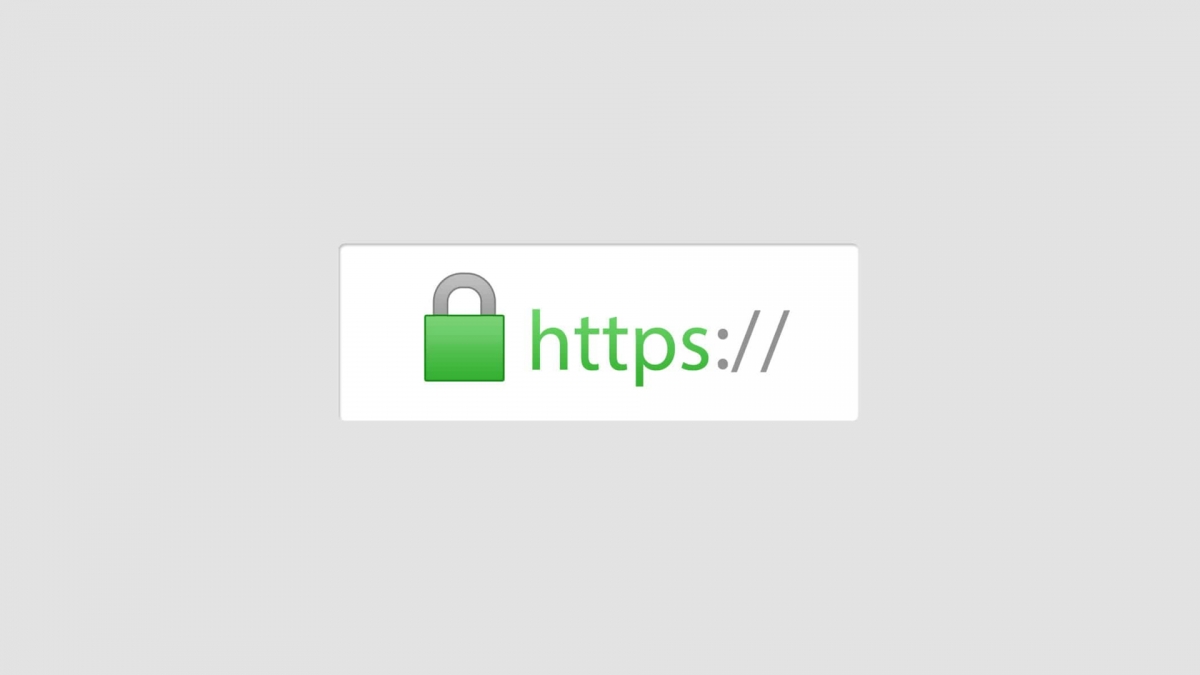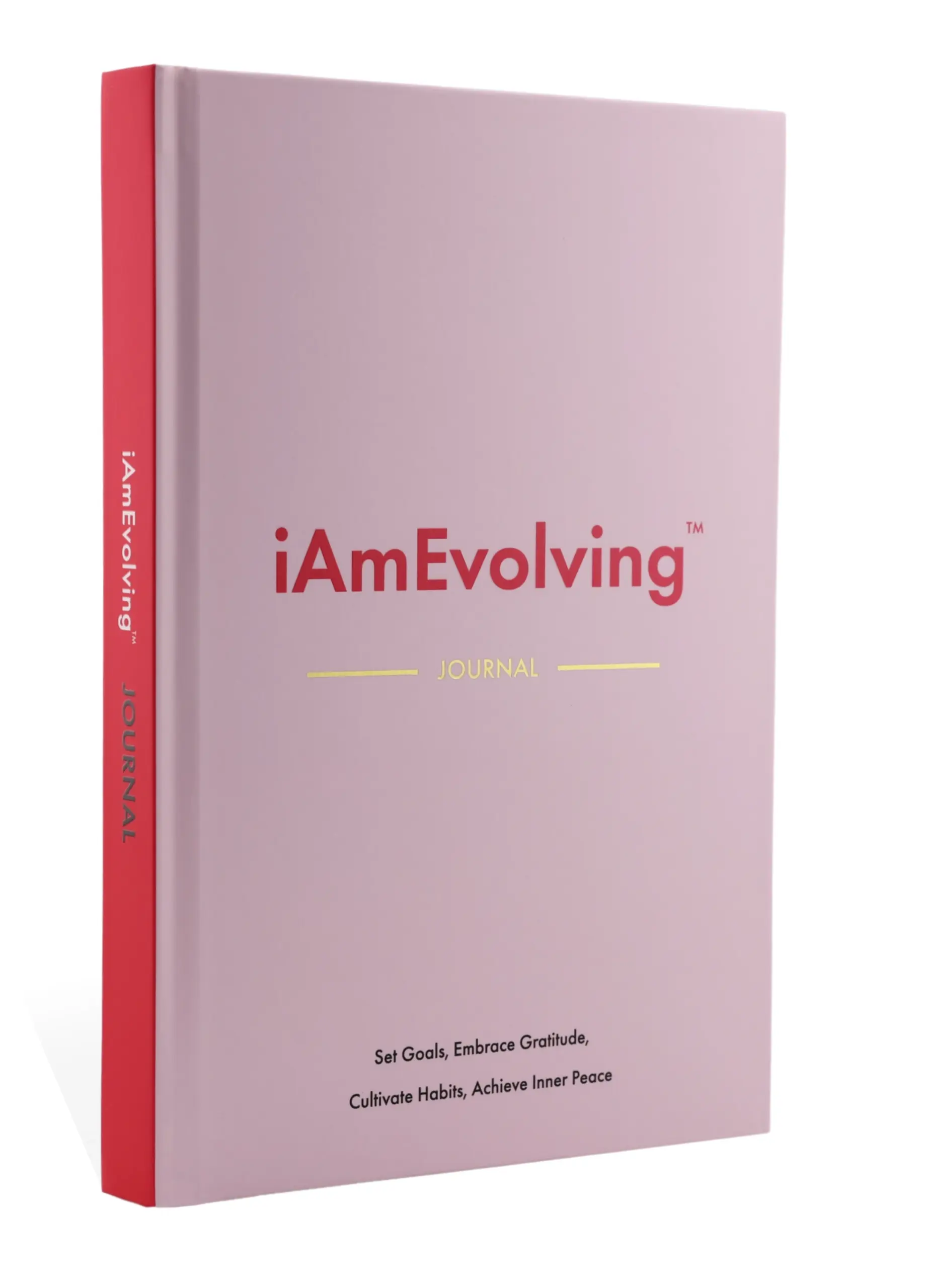Nothing scares visitors away faster than a “Not Secure” warning. When browsers show this label, people hesitate. They don’t enter passwords. They don’t make purchases. They leave.
If your website shows as not secure, you have a problem that needs fixing. The good news? The solution is straightforward. Let’s understand what’s happening and how to fix it.

What Does “Not Secure” Mean?
Browsers show this warning when your site lacks SSL encryption. Without SSL, data travels in plain text. Anyone monitoring the connection can read passwords, credit cards, and personal information.
When you see “Not Secure,” it means:
- Your site uses HTTP instead of HTTPS
- No SSL certificate is installed
- The connection isn’t encrypted
- Visitor data could be intercepted
Google Chrome started this warning trend. Firefox, Safari, and Edge followed. All major browsers now flag sites without SSL. The warning appears in the address bar where everyone sees it.
Why SSL Matters
SSL creates an encrypted connection between your site and visitors. Data gets scrambled before transmission. Only the sender and receiver can read it.
Think of it like sending a letter. HTTP is a postcard anyone can read. HTTPS is a sealed envelope with a unique lock.
SSL does more than encrypt data. It also verifies your identity. Certificates prove that you are who you claim to be. Visitors know they reached the real site, not an imposter.
How “Not Secure” Hurts Your Site
The warning damages your site in multiple ways:
Lost Trust – Visitors see the warning and worry. They wonder if your site is safe. Many leave immediately without reading anything.
Lower Conversions – People don’t enter information on insecure sites. Contact forms go unused. Purchases don’t happen. Signups drop.
SEO Penalties – Google uses HTTPS as a ranking factor. Secure sites rank higher than insecure ones. The warning literally costs you search traffic.
Reputation Damage – Some visitors assume you’ve been hacked. Others think you’re unprofessional. Neither impression helps your brand.

How to Fix the “Not Secure” Warning
The fix requires an SSL certificate. This certificate enables HTTPS and encrypts your connection. Here’s how to get one:
Option 1: Use a Host with Free SSL
Many quality hosts include free SSL certificates. WPlook Hosting provides free SSL with every plan. The certificate installs automatically. No technical knowledge required.
If your current host doesn’t offer free SSL, consider switching. The hosting cost often equals what you’d pay for a separate certificate anyway.
Option 2: Buy an SSL Certificate
SSL certificates come in three types:
Domain Validation (DV) – Basic encryption. Verifies you own the domain. Cheapest option at $10-100 per year. Perfect for most websites.
Organization Validation (OV) – Verifies your business exists. Requires paperwork. Costs $50-200 per year. Good for businesses wanting more credibility.
Extended Validation (EV) – Highest trust level. Shows company name in browser. Costs $100-500 per year. Best for e-commerce and financial sites.

You can get affordable SSL certificates here.
Option 3: Free Certificates from Let’s Encrypt
Let’s Encrypt provides free DV certificates. Many hosts support automatic installation. The certificates renew automatically every 90 days.
Free certificates work fine for encryption. They lack the trust signals and warranties of paid certificates. For most sites, they’re sufficient.
After Installing SSL
Installing the certificate is step one. You also need to:
Update WordPress settings – Change your site URL from http:// to https:// in WordPress settings.
Set up redirects – Old http:// links should redirect to https:// automatically. This preserves SEO value and prevents confusion.
Fix mixed content – If any images or scripts load over http://, browsers show warnings. Update all internal links to https://.
Update Google Search Console – Add the https:// version of your site. This tells Google about the change.
Update Google Analytics – Change your default URL to https:// in property settings.
What to Expect After Switching
The “Not Secure” warning disappears immediately. Visitors see a padlock icon instead. Trust improves. Conversions often increase.
Search rankings may fluctuate briefly. Google treats HTTP and HTTPS as different URLs. Rankings stabilize and often improve within weeks.
Some old links may break temporarily. Proper redirects fix this. Most visitors won’t notice any disruption.
Don’t Wait to Fix This
Every day with “Not Secure” costs you visitors and trust. The fix is affordable and often free. There’s no reason to delay.
Modern websites require HTTPS. It’s not optional anymore. Browsers will only get more aggressive with warnings. Get your SSL certificate now and protect your visitors.
Frequently Asked Questions
- Does “Not Secure” mean my website has been hacked?No. The warning simply means your site doesn’t have SSL encryption. It’s a configuration issue, not a security breach. Your site content is fine. You just need to install an SSL certificate to enable HTTPS.
- Will I lose my Google rankings when switching to HTTPS?You may see brief fluctuations as Google processes the URL change. With proper 301 redirects, rankings typically stabilize within weeks and often improve. HTTPS is a ranking factor, so the long-term effect is positive.
- Do I need to pay for an SSL certificate?Not necessarily. Many hosts offer free SSL through Let’s Encrypt. Free certificates provide the same encryption as paid ones. Paid certificates offer warranties and trust badges, which benefit e-commerce sites most.
- What is mixed content and how do I fix it?Mixed content occurs when your HTTPS page loads some resources (images, scripts) over HTTP. This triggers browser warnings. Fix it by updating internal links to use https:// or relative URLs. Plugins can help find and fix mixed content.
- How long does it take to install SSL?With hosts that offer one-click SSL, installation takes minutes. Let’s Encrypt certificates issue instantly. Paid certificates with organization validation can take 1-3 days for verification. The WordPress configuration typically takes an hour or less.



